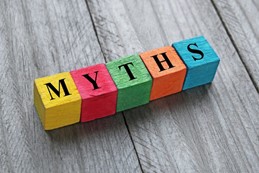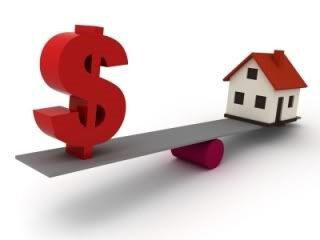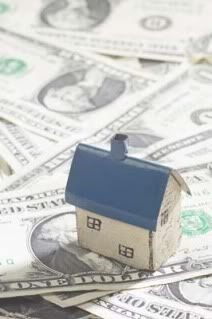Home Pricing Myths That Can Hurt Your Sale

When you are putting your home on the market to sell, your top priority may be money. As in, how much money can you get for your house? And it should be. Owning a home is likely the largest financial investment you will ever make and it is only natural that you want to get the most profit possible when you sell. Setting the right asking price can mean the difference between selling quickly or having your home languish on the market for months. The following myths can be harmful when trying to decide on the best price to ask for your house:
- YOU’LL GET A BETTER OFFER IF YOU WAIT - Receiving an offer right away when you list your house can give you a false sense of confidence that it is a hot commodity. You may think that if this buyer was willing to make an offer so quickly, then surely many other people will be interested in your property as well. But the truth is, you might not get another offer…at all, let alone for more money. With no other offers guaranteed, it may be in your best interest to accept the first offer if it is a fair one. Do You Accept the First Offer on Your Home, Or Wait and See?
- YOU SHOULD LEAVE ROOM TO NEGOTIATE WHEN PRICING YOUR HOME You want top dollar for your home. Of course you do! But overpricing it, thinking that will leave room for you to accept a lower offer, may backfire on you. Buyers might see the high price and not even bother looking at the property. And if you keep dropping the price, buyers might wonder what is wrong with the place. Price it fairly to begin with and you are more likely to achieve a successful, profitable sale.
- YOUR HOME IS WORTH MORE THAN YOUR REALTOR SAYS IT IS - An experienced, professional Realtor will be able to tell you how much your home is worth based on the current market. You should trust your Realtor. While online estimates might tell you that your home is worth more (yay!) or less (boo!) than your Realtor states, they are likely not accurate. Trust your Realtor over the internet. It is as simple as that.
- YOU CAN GET BUYERS TO PAY FOR HOME IMPROVEMENTS YOU MADE IN ORDER TO SELL - While some home improvements have a better return on investment (ROI) than others, you are not likely to get back all that you spend getting your house ready for the market. It is wise to educate yourself about which home improvements will help you sell, which will get you a better ROI than others, and which might not be worth bothering. The Best (and Worst) Projects for Your Home's Resale Value
- REDUCING THE ASKING PRICE IS A SIGN OF WEAKNESS - Nobody wants to drop the asking price of a home. But it is important to remember that time is money. And if time is passing and nobody is showing any interest in your home, you are still stuck paying the mortgage, taxes and insurance. This will be especially stressful if you have already purchased a new home. Lowering your price a little may be all it takes to generate interest and who knows? You might end up getting your original asking price anyway!
If you are in the market to buy or sell a home, let Sandra Nickel and her Hat Team of Professionals assist you with all your real estate needs! Call them today at 334-834-1500!
Photo Credit: orthodonticslimited.com












